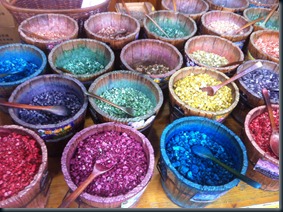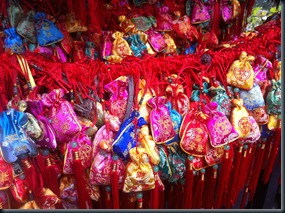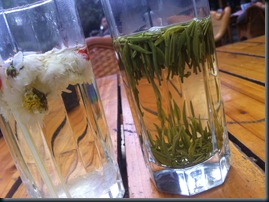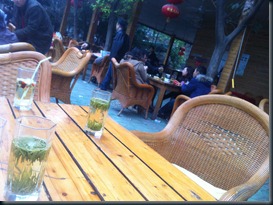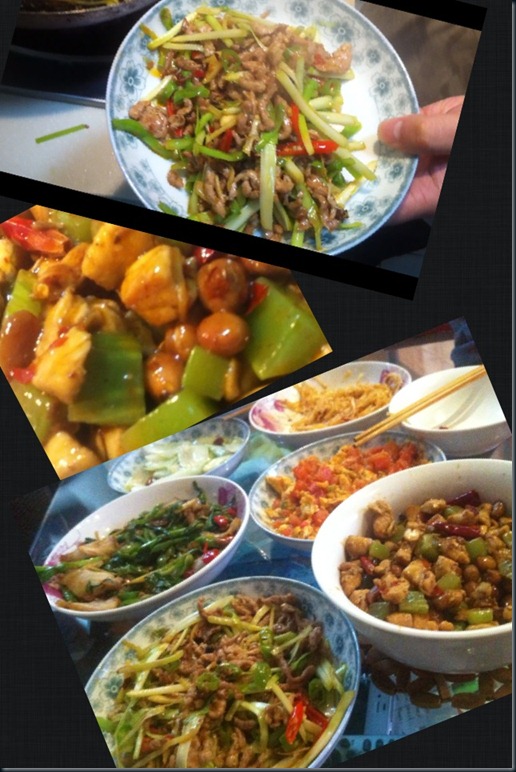I had an awesome time in Chengdu. It was really helpful to break away from Faye and Beijing, relax and spend time with great people. Now I understand why everybody from Sichuan has been telling me that they love living there and hate Beijing. Chengdu has been named the China’s 4th-most livable city for 5 years in a row by the China Daily. And the food was just delicious, Sichuan food has been my favorite food since I moved to China and I can’t believe I waited for so long to go there and actually try the real thing. Sichuan food is very spicy. Local specialties include Grandma Chen’s Tofu (Mapo doufu), Chengdu Hot pot, and Dan Dan Mien (literally meaning, “Noodles carried on a pole” (Dan Dan Noodles). All three dishes are very spicy. Mapo Doufu and Dan Dan Mien contain Sichuan peppers (huājiāo; 花椒; literally “flower pepper”) and I love that flavor. Interesting enough an article by the Los Angeles time called Chengdu “China’s party city” for its carefree lifestyle. Chengdu outnumbers Shanghai in the number of tea houses and bars despite having less than half the population. The inhabitants have a reputation in China for having a laid-back attitude and for knowing how to enjoy life.
The local snacks in Chengdu are known for creative ingredients, skilled preparation, wide variety, and cheap prices. Tastes range from sweet and spicy to sour and hot in a range of cooking techniques including frying, stewing, baking, steaming and boiling. Some of the more common snacks found across town include noodles, wontons, dumplings, pastries, tangyuan (sweet rice balls), drinks, salads, and soups. It is indeed a culinary experience not to miss.
Chengdu boasts a rich culture of tea and cuisine which adds traits of romance and leisure to the people’s characteristics. According to Gou, the pursuit of happiness is rooted in the nature of the 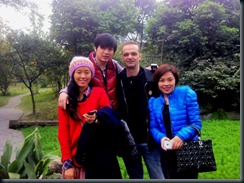 Chengdu people. I was lucky enough that my best friend in Beijing, Sara, is also from Chengdu so she put me in touch with some of her best friends there. This very kind people were so hospitable and took the time to show me JinLi, a popular commercial and dining area resembling the ancient-style architecture of West Sichuan . “Jinli” is the name of an old street in Chengdu dating from the Han Dynasty and means “making perfection more perfect”. Jinli Street was one of the oldest and the most commercialized streets in the history of the Shu and was well-known throughout the country during the Qin, Han and Three Kingdoms Periods. Many aspects of the urban life of Chengdu are present in the current-day Jinli area: teahouses, restaurants, bars, theatrical stages, handicraft stores, local snack vendors and specialty shops. Her’s some pics from Jinli and some of the snacks we tried:
Chengdu people. I was lucky enough that my best friend in Beijing, Sara, is also from Chengdu so she put me in touch with some of her best friends there. This very kind people were so hospitable and took the time to show me JinLi, a popular commercial and dining area resembling the ancient-style architecture of West Sichuan . “Jinli” is the name of an old street in Chengdu dating from the Han Dynasty and means “making perfection more perfect”. Jinli Street was one of the oldest and the most commercialized streets in the history of the Shu and was well-known throughout the country during the Qin, Han and Three Kingdoms Periods. Many aspects of the urban life of Chengdu are present in the current-day Jinli area: teahouses, restaurants, bars, theatrical stages, handicraft stores, local snack vendors and specialty shops. Her’s some pics from Jinli and some of the snacks we tried: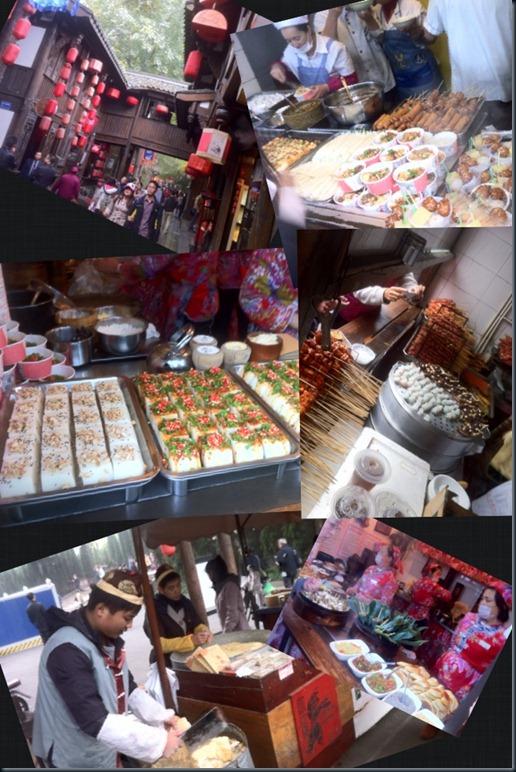
Here you can also buy the incense that comes in different colors. The incense is sold in little bags that are hanged on the trees representing prayers to the Buddhist gods.
You can also try the local specialty “rabbits heads” but I didn’t have the courage to do that…
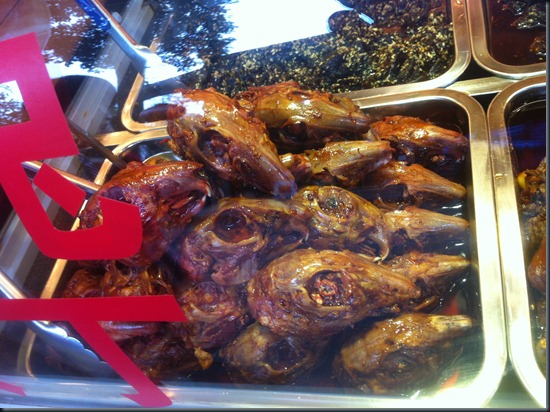 After the visiting Jingli my friends took me to have lunch to a typical Sichuan restaurant where I got lucky to try the authentic 水煮鱼 the famous fish served in bowl of oil with a ton of pepper and chili. Fantastic.
After the visiting Jingli my friends took me to have lunch to a typical Sichuan restaurant where I got lucky to try the authentic 水煮鱼 the famous fish served in bowl of oil with a ton of pepper and chili. Fantastic.
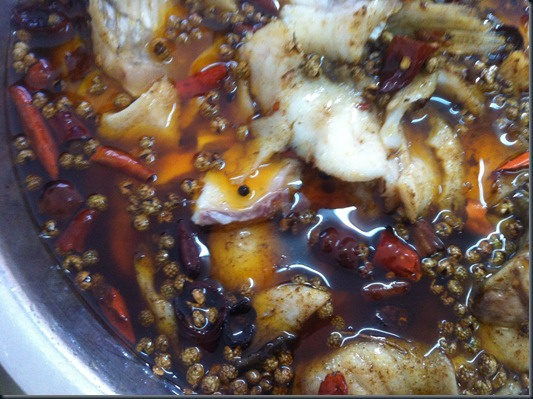 And then we spent the afternoon to a typical teahouse in the outskirts of Chengdu, relaxing and having a good time in Sichuan style
And then we spent the afternoon to a typical teahouse in the outskirts of Chengdu, relaxing and having a good time in Sichuan style
Later they invited me for dinner at their house and they were so kind to cook for me. I felt like I was eating non-stop. They indeed were so nice and hospitable people.
It was indeed an unforgettable day in Chengdu!
